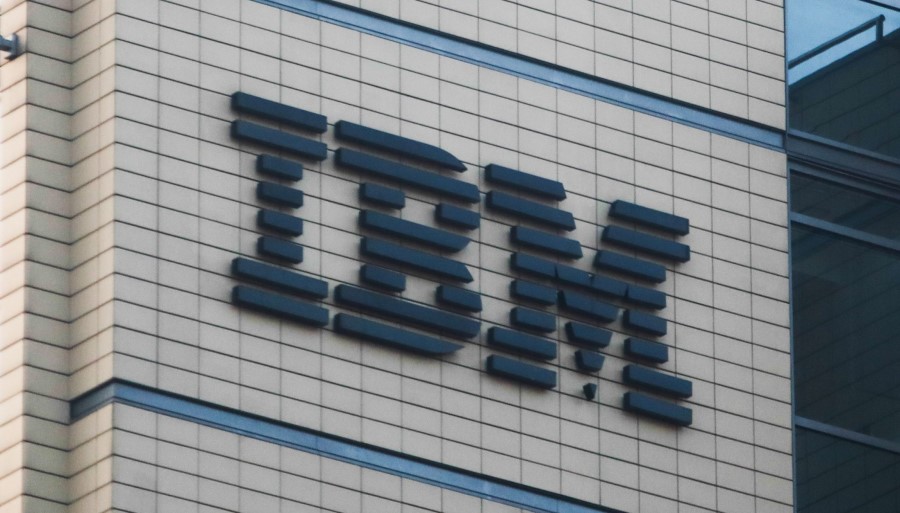
IBM is taking a breakthrough in chip technology. It was the first in the world to produce chips at 2 nanometers in a test lab. This ensures more powerful and economic performance.
Computer chips are a collection of millions (now billions) of transistors. The smaller they are, the more can fit on one chip, and the less energy is needed to work with it. That is why such a reduction is crucial to get more computing power from a chip. IBM uses this to put 50 billion transistors on a chip the size of a fingernail.
IBM’s 2 nanometer breakthrough ensures that their chips perform 45 percent better than the current 7 nanometer generation or deliver the same performance but with 75 percent less energy. Using such chips can, for example, give laptops or telephones a longer battery life.
IBM gives as an example that a smartphone with the 2 nm technology can last four times longer. However, we have to nuance the fact that the applications on a telephone become more demanding over the years so that it will probably not go so fast. But it remains an impressive improvement.
Does this mean we will see 2 nm chips soon? No. This is currently a breakthrough in a test environment. It will be several years before those chips are widely commercially available. In comparison: the chips that AMD launched last fall are at 7 nanometers. Apple’s M1 chip is the first to be at 5 nanometers.
Almost all chip makers strive to be able to produce at 2 nanometers. For example, Intel is currently holding talks with Europe to possibly build a factory here that can produce at 2 nanometers. At the same time, it itself does not have that technology ready, but normally will be ready within a few years.